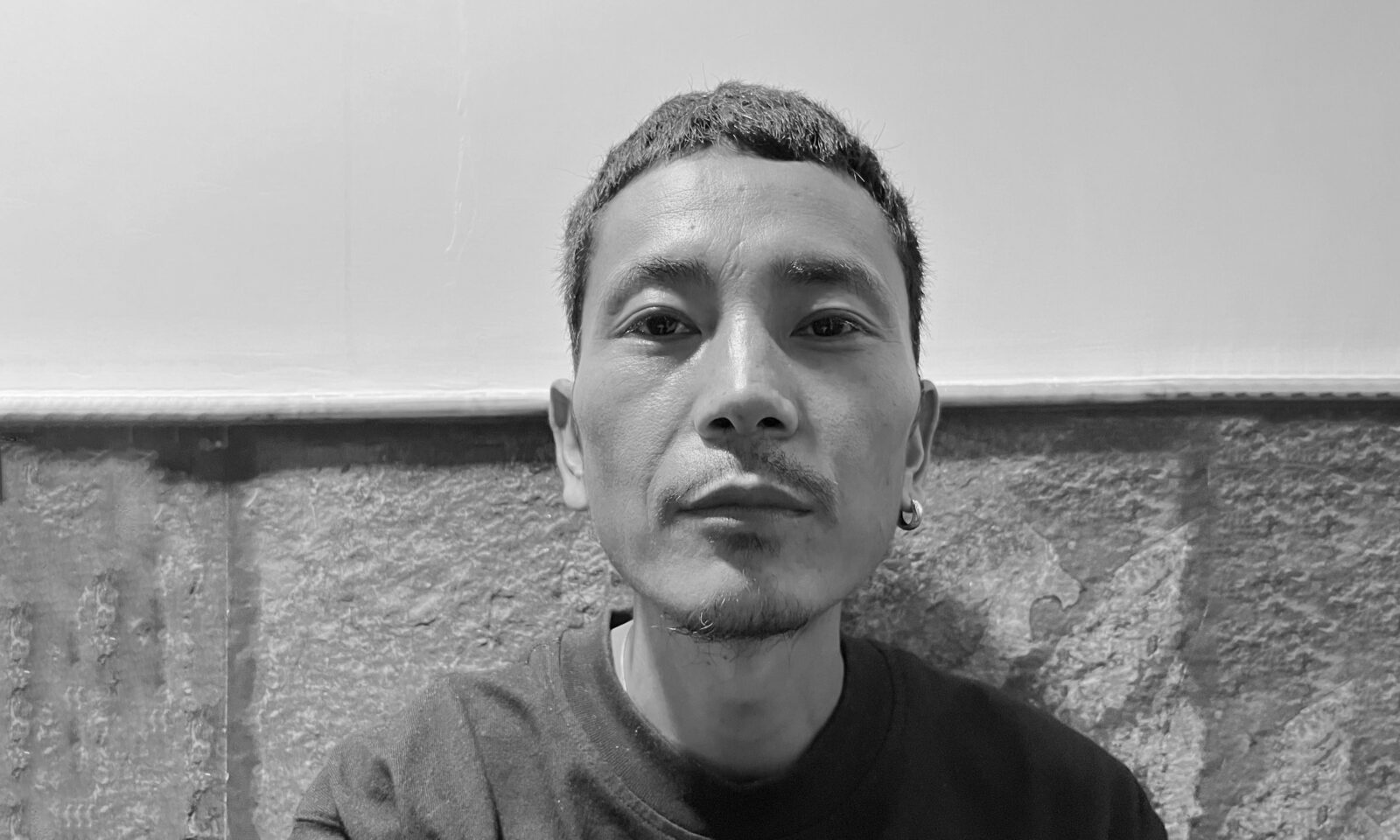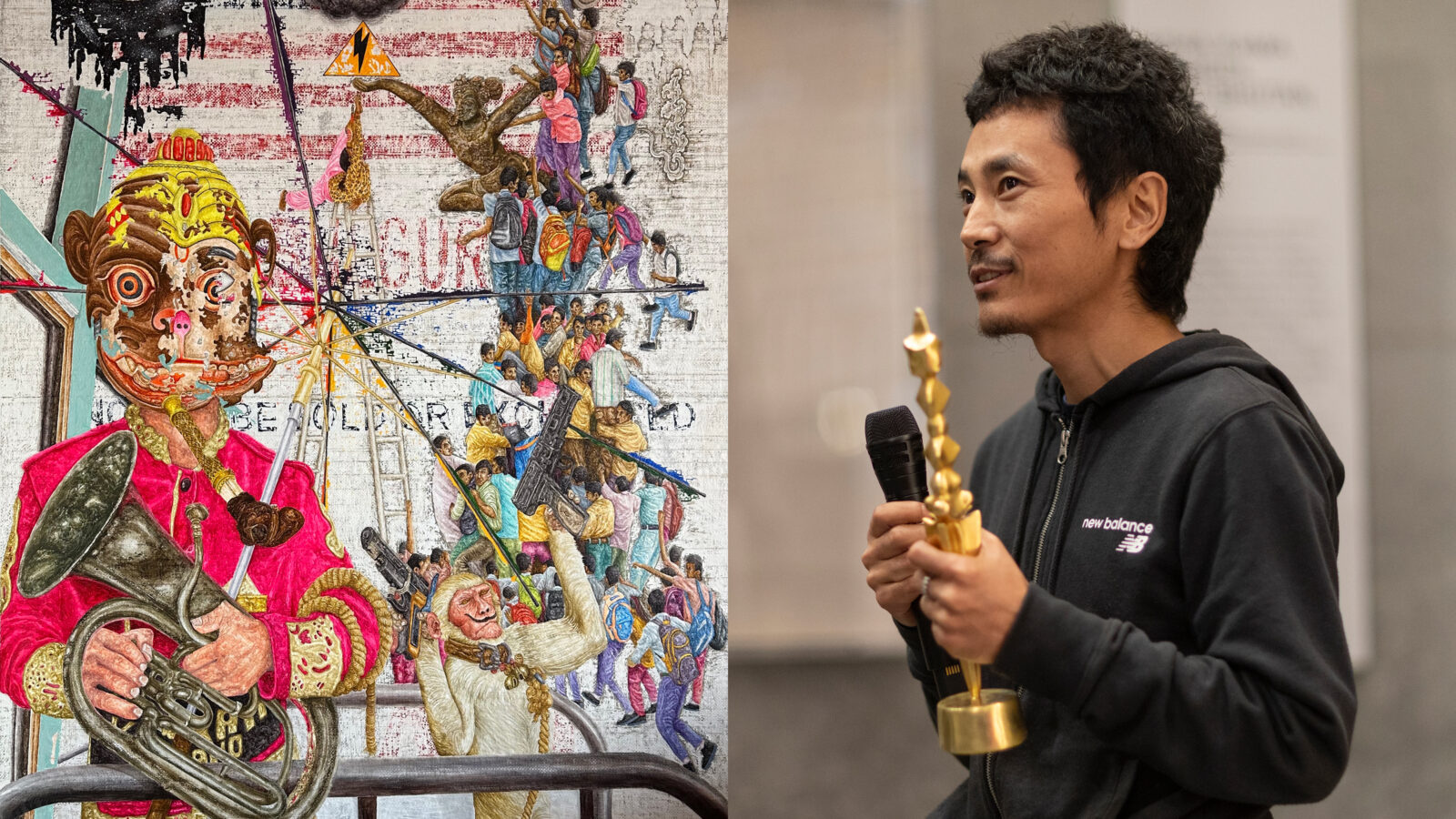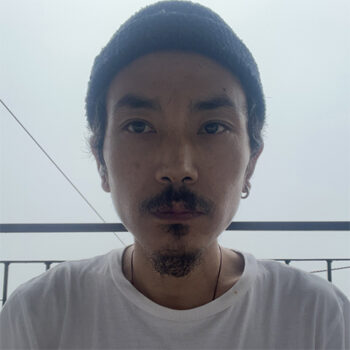

On September 27, 2024, artist Tenzin Gyurmey Dorjee (b. 1987) received the inaugural Rubin Museum Himalayan Art Prize—an unrestricted $30,000 cash prize and the largest international award in support of contemporary art related to the greater Himalayan region.
The Rubin Museum Himalayan Art Prize was established to support living artists and recognize the work of innovative individuals who have made a mark in creative and critically relevant dialogues between Himalayan art and contemporary life.
“I’m deeply honored and humbled to be the inaugural recipient of the Rubin Museum Himalayan Art Prize,” said Tenzin Gyurmey Dorjee. “This award means a lot to me, not just because of its significance, but what it enables me to do, supporting me in expressing my artistic vision and giving me the ability to pursue my passion.”

Based in Himachal Pradesh, India, Tenzin Gyurmey Dorjee explores the paradoxes present in the seemingly ordinary things in his life. As a second-generation Tibetan refugee, the artist uses different mediums to explore themes of displacement, belonging, and cultural heritage. Two of Tenzin Gyurmey Dorjee’s recent works, chants of a monkey man and A Crime with Mother, are featured in the Rubin’s 2024 exhibition Reimagine: Himalayan Art Now, which will be on view at Wrightwood 659 in Chicago November 8, 2024–February 15, 2025.
Support for artists in or from the greater Himalayan region, as well as artists whose practices intersect with Himalayan art, will be a core tenet of the Rubin’s mission as a global museum, as well as the Rubin’s commitment to research and stewardship of its collection through its global traveling exhibition program, institutional partnerships, collection sharing, and digital resources.

Tenzin Gyurmey Dorjee was born in 1987 in Kamrao Village, Himachal Pradesh, India. He is interested in exploring the paradoxes present in ordinary things and how global changes in culture, politics, climate, and science can impact local surroundings. His father, Tulku Troegyal, taught him drawing in the Tibetan traditional style at the age of six, and he has been practicing arts professionally since 2013. His studio practice is currently based in Delhi.
Get the latest news and stories from the Rubin, plus occasional information on how to support our work.